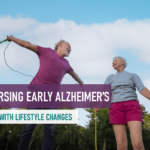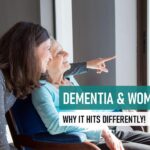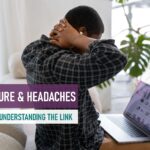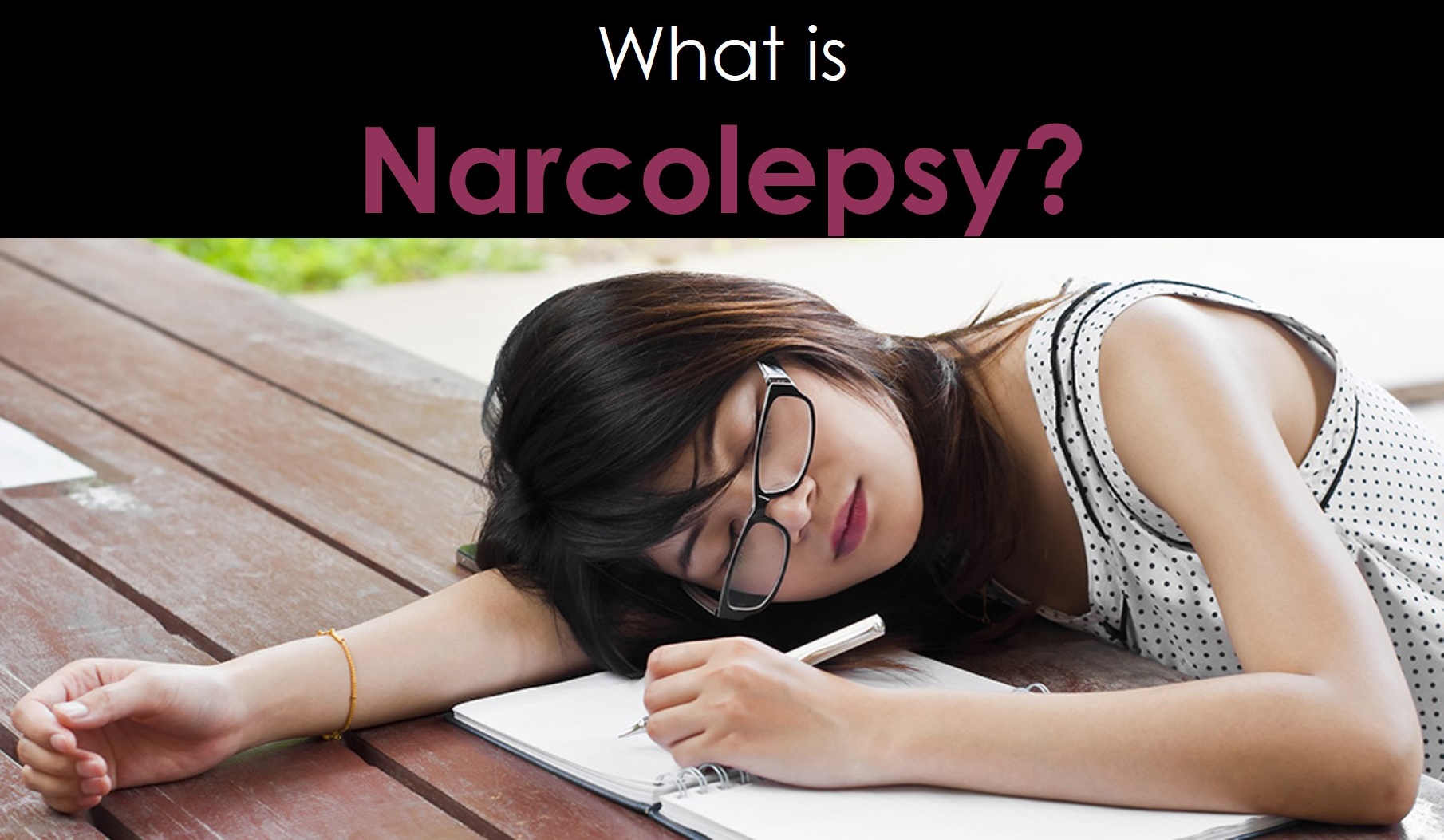Hallucinations, excessive sleepiness, sleep paralysis, etc. are all the basic symptoms of narcolepsy. Basically it makes difficult for the brain to control sleep-wake cycles.
What is Narcolepsy?
Narcolepsy is a nervous system disorder that can dramatically disrupt your daily life and routines. This condition makes it very difficult to stay awake for a long duration. People may fall asleep during a meeting, while driving, during exam or even while cooking.
This condition is relatively rare though the daytime consequences can be highly debilitating. During this period a strong urge to sleep develops often resulting in a short nap or otherwise called as “sleep attack.” Sleep attack generally lasts for around 15 minutes or sometimes longer.
Cataplexy very commonly occurs with this neurological condition. Cataplexy causes sudden loss of muscle tone preventing movement of body parts. This condition usually is triggered by strong emotions generally a happy one. During these attacks jaw muscles become slack, head suddenly falls forward and the knees will buckle. It last for about 30 seconds or less.
Narcolepsy Signs & Symptoms
To the fact, this neurological condition affects everyone differently. Not every individual will experience all of the following signs and symptoms.
- Excessive daytime sleepiness. Falling asleep even during an activity.
- Sleep paralysis. A temporary inability to move or speak while falling asleep or upon waking.
- Hallucinations
- Snoring caused by obstructive sleep apnea
- Brain fog, poor memory, lack of mental focus
- Insomnia or poor sleep quality
- Lacking physical energy
Narcolepsy Treatments
- Implement your natural sleep cycle
- Get enough Vitamin D
- Boost your energy with Vitamin B12
- Regular Exercise (at least 20 minutes of light to moderate exercise)
- Lifestyle therapies
- Try 5-HTP and other sources of tryptophan
- Take a high quality Omega-3 Supplements
Alongside these lifestyle changes, people may be prescribed stimulant drugs to boost energy during the day or antidepressants to help deal with symptoms of cataplexy and REM-related features such as sleep paralysis and hypnagogic hallucinations. (source)







